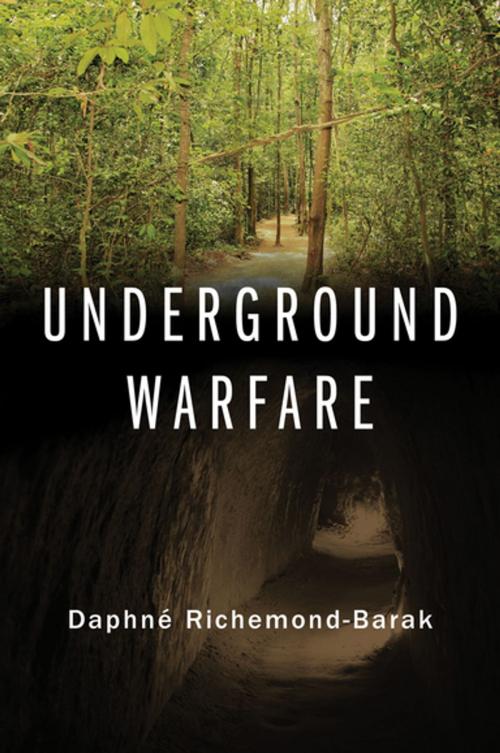| Author: | Daphné Richemond-Barak | ISBN: | 9780190457273 |
| Publisher: | Oxford University Press | Publication: | December 27, 2017 |
| Imprint: | Oxford University Press | Language: | English |
| Author: | Daphné Richemond-Barak |
| ISBN: | 9780190457273 |
| Publisher: | Oxford University Press |
| Publication: | December 27, 2017 |
| Imprint: | Oxford University Press |
| Language: | English |
Underground warfare, a tactic of yesteryear, has re-emerged as a global and rapidly diffusing threat. This book is the first of its kind to examine tunnel warfare in a systematic and comprehensive way, addressing the legal issues while keeping in mind operational and strategic challenges. Like many other aspects of contemporary warfare, the renewed use of the subterranean in armed conflict presents a challenge for democracies wishing to abide by the law. To Dr. Richemond-Barak, this challenge has not only been under-explored, it is also largely underestimated by the community of states, security experts, and public opinion. She analyzes traditional concepts of the laws of war as they relate to tunnels and underground operations, contemplating questions such as whether tunnels constitute legitimate targets, the assessment of proportionality in anti-tunnel operations, and the availability of advanced warning in this complex terrain. She also identifies issues that are unique to underground warfare, including those that arise when cross-border tunnels burrow under a state's own civilian infrastructure.
Underground warfare, a tactic of yesteryear, has re-emerged as a global and rapidly diffusing threat. This book is the first of its kind to examine tunnel warfare in a systematic and comprehensive way, addressing the legal issues while keeping in mind operational and strategic challenges. Like many other aspects of contemporary warfare, the renewed use of the subterranean in armed conflict presents a challenge for democracies wishing to abide by the law. To Dr. Richemond-Barak, this challenge has not only been under-explored, it is also largely underestimated by the community of states, security experts, and public opinion. She analyzes traditional concepts of the laws of war as they relate to tunnels and underground operations, contemplating questions such as whether tunnels constitute legitimate targets, the assessment of proportionality in anti-tunnel operations, and the availability of advanced warning in this complex terrain. She also identifies issues that are unique to underground warfare, including those that arise when cross-border tunnels burrow under a state's own civilian infrastructure.















